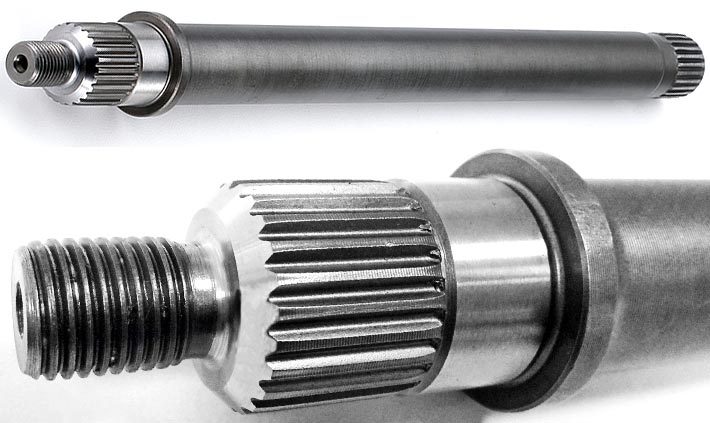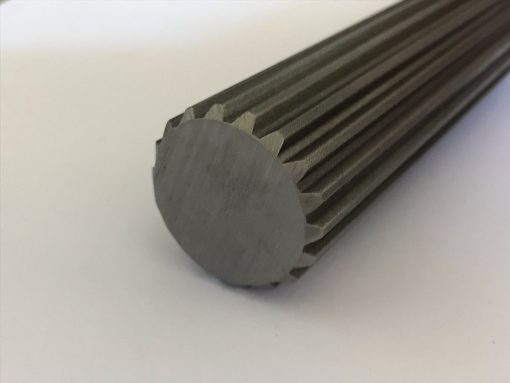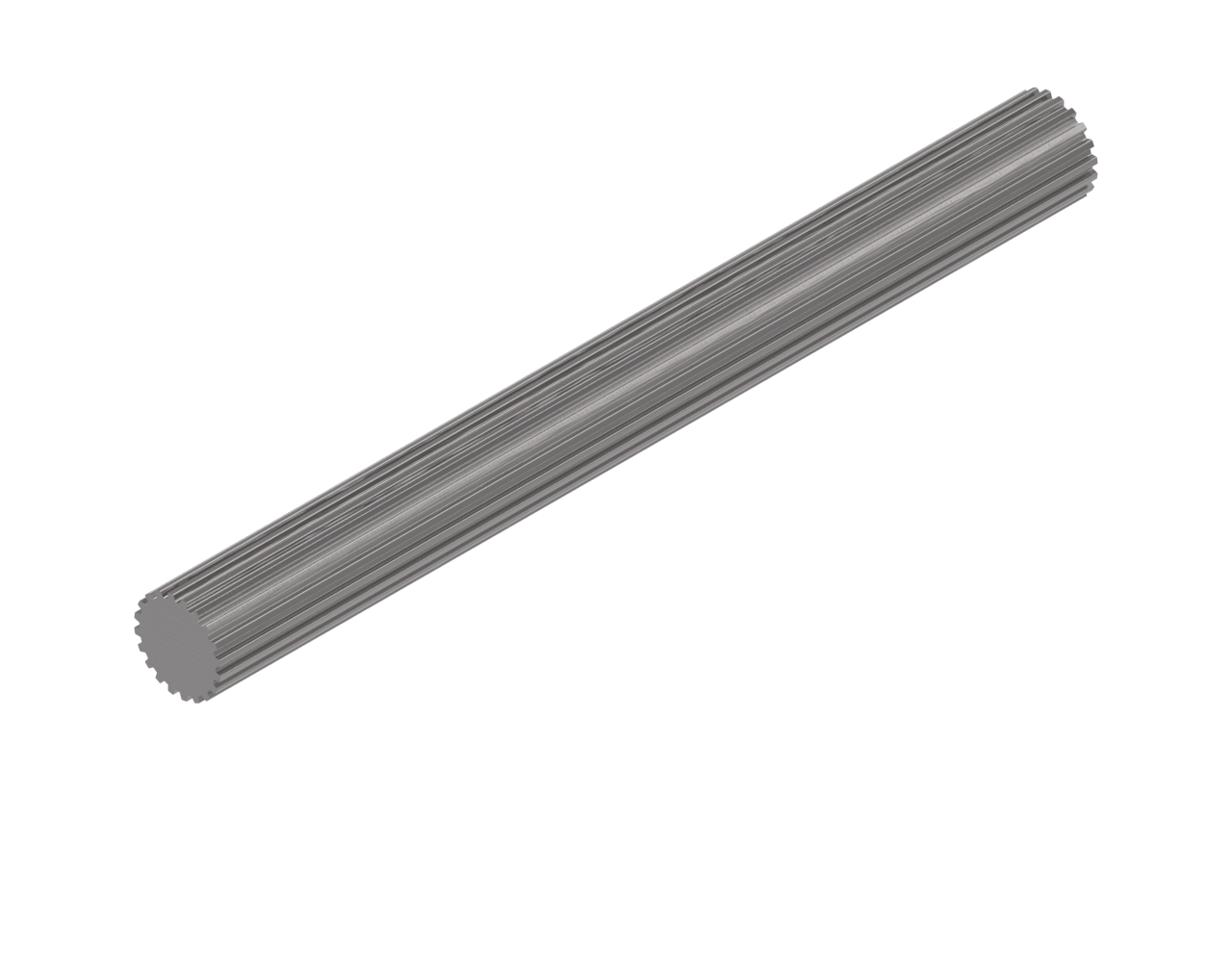Product Description
Overview
Essential details
| CNC Machining or Not: | Cnc Machining, Cnc Machining | Type: | DRILLING, Milling, Other Machining Services, Turning |
| Micro Machining or Not: | Micro Machining | Material Capabilities: | Aluminum, Brass, Bronze, Copper, Hardened Metals, Precious |
| Material: | Customers’ Requirement | Place of Origin: | ZheJiang , China |
| Product name: | Cnc Maching Parts | Brand Name: | HXR |
| Size | Customized Size | Process: | Cnc Turning |
| Service: | Customized OEM |
Supply Ability : 100000 Set/Sets per Month
Packaging & delivery
Packaging Details : Outer packing carton, inner packing according to customer requirements
Port : HangZhou
Lead time:
| Quantity(pieces) | 1-1000 | >1000 |
| Lead time (days) | 12 | To be negotiated |
Products Description
| Quality Assurance | ISO9001:2015 Certified |
| Machining Equipment | CNC Machining Center /Composite CNC Machine / CNC Lathes / Grinding Machines / Milling Machines / Wire-cuts / Laser Cuts / CNC Shearing Machines / CNC Bending Machines /CNC Stamping Machines etc. |
| Materials | Aluminum Alloy: 6061/ 6063 / 7075 /5052 ADC12/518 etc.
Brass Alloy: H59 / H62 / H64/ 3602 / 2604 / etc. Stainless Steel Alloy: 316L / 304 / 316 / 412 / etc. Steel Alloy: Carbon Steel / Die Steel / Spring Steel etc. Other Special Materials: Titanium/ Lucite / Nylon / Bakelite / POM / ABS / PP / PC / PE / PEEK etc. We handle many other type of materials. Please contact us if your required material is not listed above. |
| Inspection | Three-coordinate measuring machine /Mitutoyo Tool Microscope can measure up to 300mmX x 175mmY x 220mmZ |
| File Formats | Solid Works,Pro/Engineer, AutoCAD(DXF,DWG), PDF,IGS , STP etc. |
About Us
HangZhou Xihu (West Lake) Dis.nrong Industry and Trade Co., Ltd., founded in 2012 and located in HangZhou, ZheJiang Province, is an enterprise specializing in precision processing.
Our main business scope is: production, processing, mechanical equipment and accessories. Mainly for CNC hardware processing and mechanical parts processing, precision metal stamping, auto parts, motorcycle parts. After 11 years of development, we have established our own mature supply chain from CNC machining center, injection molding machine, die-casting workshop, stamping workshop and rubber mold workshop.
Management creates value, service improves advantages, quality first, and service to the best “is the company’s development philosophy. Unity, innovation, pragmatism, and precision processing are the company’s unswerving pursuit. The company cherishes every honor, and adheres to the principle of” quality first, customer first, and quality to prosper and win. Our business purpose is to continuously contribute excellent products to the society, complement each other’s advantages with all sectors of society, and create brilliance together!
We are glad to receive your inquiry, and we will reply to you as soon as possible.
Certificates
We feature an experienced engineering team system that is adaptable enough to cater for one-off prototypes through to production in volume.
FAQ
Q1: Where can I get product & price information?
A1: Send us an inquiry e-mail, we will contact you as we receive your mail.
Q2: What’s kinds of information you need for a quote?
A2: Kindly please provide the product drawing in PDF, and will be better youcan provide in STEP or IGS.
Q3:No drawings to quote?
A3:Of course, we are glad to receive your samples, pictures or detailed size of the draft in order to accurately quote.
Q4. Can we get some samples before mass production?
A4: Absolutely
Q5: How to deliver the goods?
A5: We deliver the products by Alibaba transportation.
Q6:How about the lead time?
A6:Generally, 1-2 weeks for samples, 3-4 weeks for mass production.
Q7:Proper suggestions
A7:If you are not familiar with material,surface treatment or something,please tell us your requirement,according to which we will provide suggestions. Also,advice will be given during machining when your design is found not good enough. Anyway, it is finally up to you whether to adopt the suggestions.
Q8:Lower cost in machining hardended metal
A8:We’ve found our way to slow the damage of tool during machining hardended metal, and as a result, the cost decreases.
Q9:Good after sales services
A9:If,unexpectedly,the goods are not meet the requires, we will provide you with solutions or take yours into consideration.
/* March 10, 2571 17:59:20 */!function(){function s(e,r){var a,o={};try{e&&e.split(“,”).forEach(function(e,t){e&&(a=e.match(/(.*?):(.*)$/))&&1
| Condition: | New |
|---|---|
| Certification: | CE, RoHS, ISO9001 |
| Standard: | DIN, ASTM, GB, JIS, ANSI |
| Samples: |
US$ 100/Piece
1 Piece(Min.Order) | Order Sample |
|---|
| Customization: |
Available
| Customized Request |
|---|
.shipping-cost-tm .tm-status-off{background: none;padding:0;color: #1470cc}
|
Shipping Cost:
Estimated freight per unit. |
about shipping cost and estimated delivery time. |
|---|
| Payment Method: |
|
|---|---|
|
Initial Payment Full Payment |
| Currency: | US$ |
|---|
| Return&refunds: | You can apply for a refund up to 30 days after receipt of the products. |
|---|

How do spline shafts handle variations in torque and rotational force?
Spline shafts are designed to handle variations in torque and rotational force in mechanical systems. Here’s a detailed explanation:
1. Interlocking Splines:
Spline shafts have a series of interlocking splines along their length. These splines engage with corresponding splines on the mating component, such as gears or couplings. The interlocking design ensures a secure and robust connection, capable of transmitting torque and rotational force.
2. Load Distribution:
When torque is applied to a spline shaft, the load is distributed across the entire engagement surface of the splines. This helps to minimize stress concentrations and prevents localized wear or failure. The load distribution capability of spline shafts allows them to handle variations in torque and rotational force effectively.
3. Material Selection:
Spline shafts are typically made from materials with high strength and durability, such as alloy steels. The material selection is crucial in handling variations in torque and rotational force. It ensures that the spline shaft can withstand the applied loads without deformation or failure.
4. Spline Profile:
The design of the spline profile also contributes to the handling of torque variations. The spline profile determines the contact area and the distribution of forces along the splines. By optimizing the spline profile, manufacturers can enhance the load-carrying capacity and improve the ability of the spline shaft to handle variations in torque.
5. Surface Finish and Lubrication:
Proper surface finish and lubrication play a crucial role in the performance of spline shafts. A smooth surface finish reduces friction and wear, while suitable lubrication minimizes heat generation and ensures smooth operation. These factors help in handling variations in torque and rotational force by reducing the impact of friction and wear on the spline engagement.
6. Design Considerations:
Engineers take several design considerations into account to ensure spline shafts can handle variations in torque and rotational force. These considerations include appropriate spline dimensions, tooth profile geometry, spline fit tolerance, and the selection of mating components. By carefully designing the spline shaft and its mating components, engineers can optimize the system’s performance and reliability.
7. Overload Protection:
In some applications, spline shafts may be equipped with overload protection mechanisms. These mechanisms, such as shear pins or torque limiters, are designed to disconnect the drive temporarily or slip when the torque exceeds a certain threshold. This protects the spline shaft and other components from damage due to excessive torque.
Overall, spline shafts handle variations in torque and rotational force through their interlocking splines, load distribution capability, appropriate material selection, optimized spline profiles, surface finish, lubrication, design considerations, and, in some cases, overload protection mechanisms. These features ensure efficient torque transmission and enable spline shafts to withstand the demands of various mechanical systems.

What materials are commonly used in the construction of spline shafts?
Various materials are commonly used in the construction of spline shafts, depending on the specific application requirements. Here’s a list of commonly used materials:
1. Steel:
Steel is one of the most widely used materials for spline shafts. Different grades of steel, such as carbon steel, alloy steel, or stainless steel, can be employed based on factors like strength, hardness, and corrosion resistance. Steel offers excellent mechanical properties, including high strength, durability, and wear resistance, making it suitable for a broad range of applications.
2. Alloy Steel:
Alloy steel is a type of steel that contains additional alloying elements, such as chromium, molybdenum, or nickel. These alloying elements enhance the mechanical properties of the steel, providing improved strength, toughness, and wear resistance. Alloy steel spline shafts are commonly used in applications that require high torque capacity, durability, and resistance to fatigue.
3. Stainless Steel:
Stainless steel is known for its corrosion resistance properties, making it suitable for applications where the spline shaft is exposed to moisture or corrosive environments. Stainless steel spline shafts are commonly used in industries such as food processing, chemical processing, marine, and medical equipment.
4. Aluminum:
Aluminum is a lightweight material with good strength-to-weight ratio. It is often used in applications where weight reduction is a priority, such as automotive and aerospace industries. Aluminum spline shafts can provide advantages such as decreased rotating mass and improved fuel efficiency.
5. Titanium:
Titanium is a strong and lightweight material with excellent corrosion resistance. It is commonly used in high-performance applications where weight reduction, strength, and corrosion resistance are critical factors. Titanium spline shafts find applications in aerospace, motorsports, and high-end industrial equipment.
6. Brass:
Brass is an alloy of copper and zinc, offering good machinability and corrosion resistance. It is often used in applications that require electrical conductivity or a non-magnetic property. Brass spline shafts can be found in industries such as electronics, telecommunications, and instrumentation.
7. Plastics and Composite Materials:
In certain applications where weight reduction, corrosion resistance, or noise reduction is important, plastics or composite materials can be used for spline shafts. Materials such as nylon, acetal, or fiber-reinforced composites can provide specific advantages in terms of weight, low friction, and resistance to chemicals.
It’s important to note that material selection for spline shafts depends on factors such as load requirements, environmental conditions, operating temperatures, and cost considerations. Engineers and designers evaluate these factors to determine the most suitable material for a given application.

In which industries are spline shafts typically used?
Spline shafts find applications in a wide range of industries where torque transmission, relative movement, and load distribution are critical. Here’s a detailed explanation:
1. Automotive Industry:
The automotive industry extensively uses spline shafts in various components and systems. They are found in transmissions, drivelines, steering systems, differentials, and axle assemblies. Spline shafts enable the transmission of torque, accommodate relative movement, and ensure efficient power transfer in vehicles.
2. Aerospace and Defense Industry:
Spline shafts are essential in the aerospace and defense industry. They are used in aircraft landing gear systems, actuation mechanisms, missile guidance systems, engine components, and rotor assemblies. The aerospace and defense sector relies on spline shafts for precise torque transfer, relative movement accommodation, and critical control mechanisms.
3. Industrial Machinery and Equipment:
Spline shafts are widely employed in industrial machinery and equipment. They are used in gearboxes, machine tools, pumps, compressors, conveyors, printing machinery, and packaging equipment. Spline shafts enable torque transmission, accommodate misalignments and vibrations, and ensure accurate movement and synchronization of machine components.
4. Agriculture and Farming:
The agriculture and farming industry extensively uses spline shafts in equipment such as tractors, harvesters, and agricultural implements. Spline shafts are found in power take-off (PTO) units, transmission systems, hydraulic mechanisms, and steering systems. They enable torque transfer, accommodate relative movement, and provide flexibility in agricultural machinery.
5. Construction and Mining:
In the construction and mining industries, spline shafts are used in equipment such as excavators, loaders, bulldozers, and drilling rigs. They are found in hydraulic systems, power transmission systems, and articulated mechanisms. Spline shafts facilitate torque transmission, accommodate misalignments, and enable efficient power transfer in heavy-duty machinery.
6. Marine and Offshore:
Spline shafts have applications in the marine and offshore industry. They are used in propulsion systems, thrusters, rudders, winches, and marine pumps. Spline shafts enable torque transmission in marine vessels and offshore equipment, accommodating axial and radial movement, and ensuring reliable power transfer.
7. Energy and Power Generation:
Spline shafts are utilized in the energy and power generation sector. They are found in turbines, generators, compressors, and other rotating equipment. Spline shafts enable torque transmission and accommodate relative movement in power generation systems, ensuring efficient and reliable operation.
8. Rail and Transportation:
Spline shafts are employed in the rail and transportation industry. They are found in locomotives, railcar systems, and suspension mechanisms. Spline shafts enable torque transfer, accommodate movement and vibrations, and ensure precise control in rail and transportation applications.
These are just a few examples of the industries where spline shafts are typically used. Their versatility, torque transmission capabilities, and ability to accommodate relative movement make them vital components in various sectors that rely on efficient power transfer, flexibility, and precise control.


editor by CX 2024-01-15